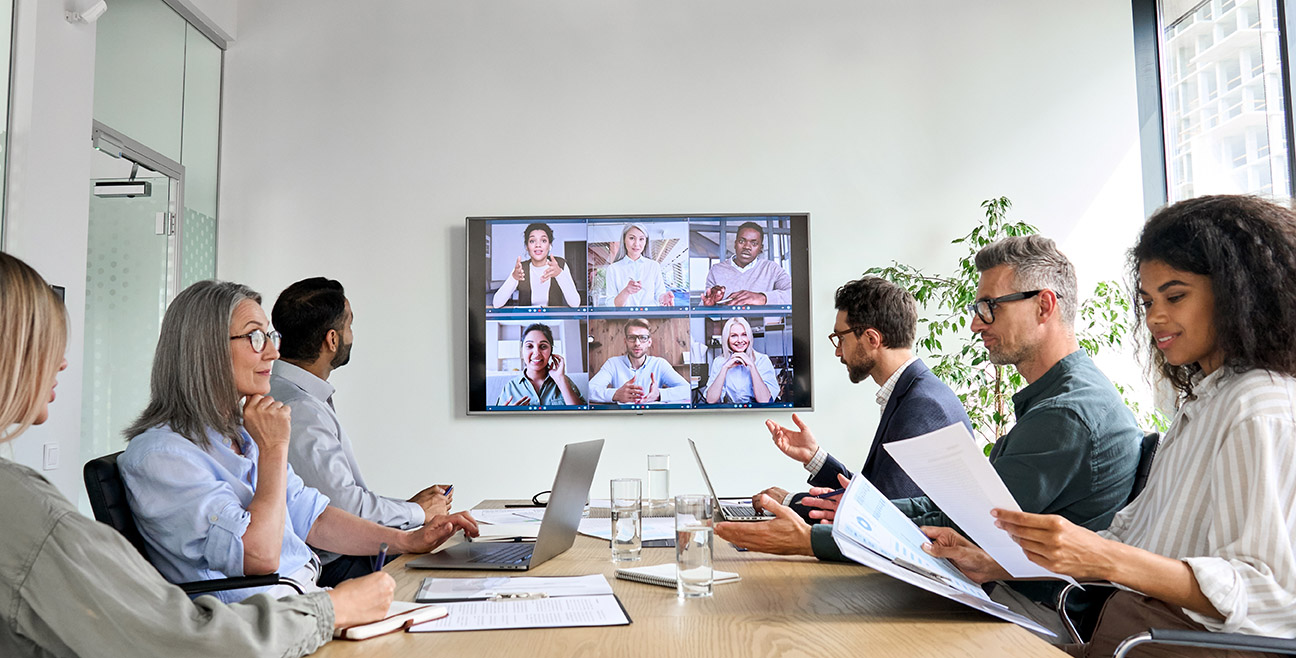The role of the MCoC NOFO Committee is to:
- Improve the system wide performance reflected in the NOFO to increase scores and resources gained
- Submit a successful project and system NOFO application to HUD
- Reassess priorities of NOFO application based upon federal and HUD changes
- Ensure stated outcomes are achieved for each and every CoC grant in the MCoC
- Identify high and low performance in each MCoC grant
- Identify corrective actions for low performing grants
- Identify and flag unspent MCoC funds
- Recommend further corrective action to the CoC Board on low performing grants
- Review and determine scoring priorities based upon changes in funding and community needs
- Make critical funding decisions based upon revised MCoC NOFO application scorecard and changes in funding and community needs
Involvement of PWLE will meet stated principles listed in the MCoC governance document that include: Representation, PWLE Committee, Planning Activities, Training, Compensation, and Engagement.
The role of the MCoC Coordinated Entry Committee is to effectively facilitate an equitable, person-centered system that includes:
- Effective connection of persons experiencing homelessness to CE resources
- Increases supply of resources in CE system
- Produces reliable data on system inflow, outflow, and effectiveness
- Increases client referrals to and success in appropriate housing resources
- Reduces inflow into homeless system through effective diversion practices
- Increases available funding for diversion programming within the CoC
The role of the MCoC Outcomes Committee is to:
- Integrate best practices in collecting, reviewing, and data driven decision making, including system wide measures, in the CoC
- Provide data analysis to be developed and performed to bring stronger outcomes
- Support quality and reliability in MCoC PIT count data
- Improve connections and resource provisions to unconnected persons experiencing homelessness
- Identify system gaps and needs to increase and reallocate resources to bring stronger outcomes
The role of the MCoC Membership Committee is to:
- Welcoming in of new members to the Maine Continuum of Care each year
- Orient new members the business of the MCoC
- Provide training to staff, volunteers and community members to strengthen our ability to house and prevent homelessness
- Identify membership gaps and needs to increase geographic participation and population representation
This Policy Committee is a Joint Standing Committee of the Maine Continuum of Care (“MCoC”) and Maine’s Statewide Homeless Council (“SHC”), formally known as the Maine Homeless Policy Committee. The Committee is an action-oriented group that collects, organizes, and shares information regarding numerous, ongoing policy initiatives. The Policy Committee advocates on the local, state, and federal levels for resources and funding for homeless services necessary to fulfill the mission, goals, and objectives of the U.S. Department of Housing and Urban Development (“HUD”) Continuum of Care (“CoC”) Program and the MCoC.
The role of the MCoC Governance Committee is to:
- Ensure current and continuously updated governance documents are actively used and approved by the MCoC Board of Directors
- Ensure robust integration of inclusive principles in processes, documents, program delivery, and mission of CoC
- Develop and approve By Laws for the MCOC
- Ensure active and appropriate policies are developed and adhered to in MCoC Committees
HVAC coordinates homeless services amongst homeless providers for Veterans in the state of Maine with the goal of creating and implementing a system that ends Veteran homelessness.
The role of the Homeless Youth Provider Group is to create and support:
- Strong connections among homeless youth service providers throughout the state
- Shared language, vision, and advocacy as it relates to ending youth homelessness in Maine
- Increased awareness of best practices for serving youth experiencing homelessness
- Creation of opportunities for youth voice to be present and/or represented
- Collaboration with the Youth Action Board on projects, advocacy, data, involvement, and capacity building
